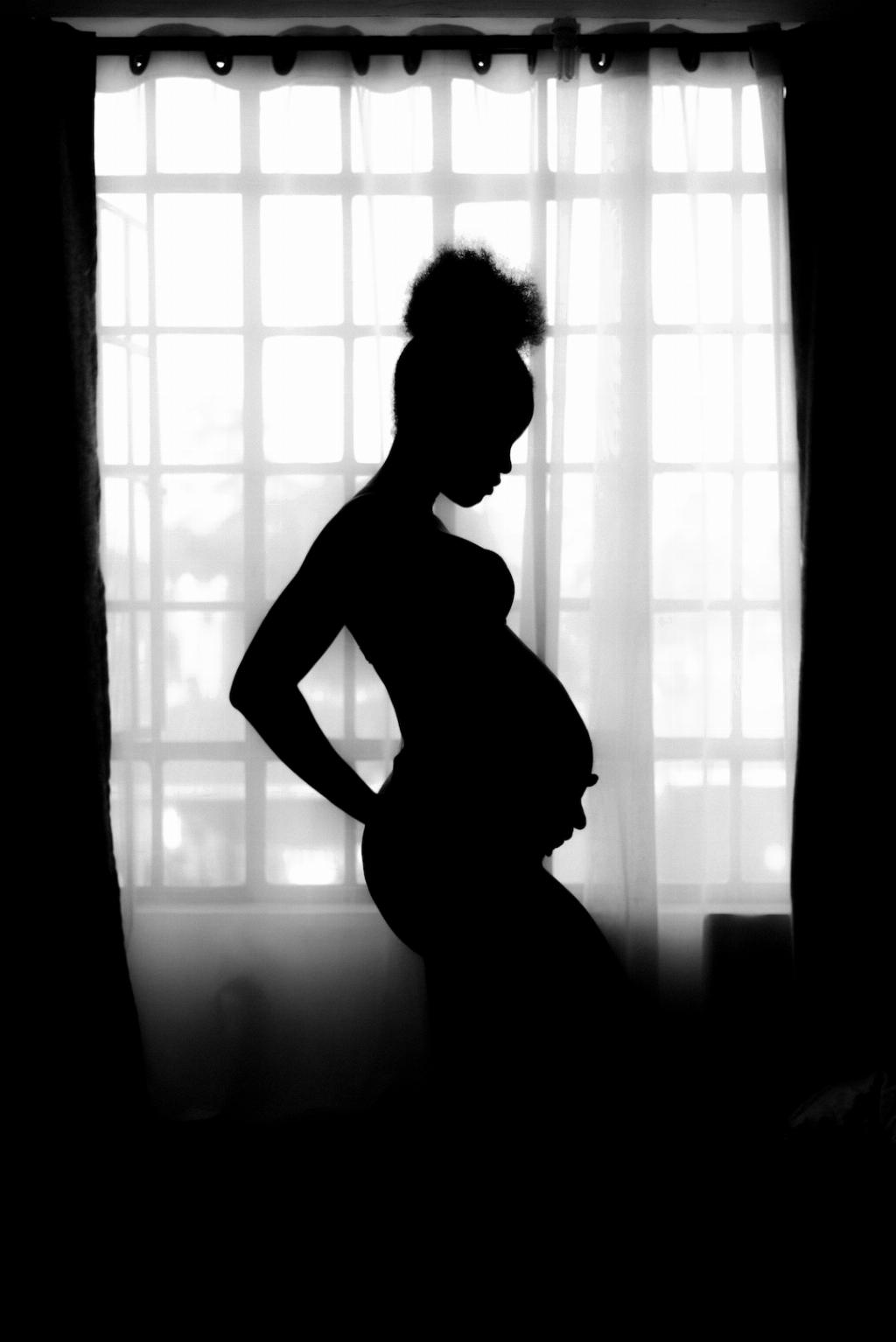When it comes to taking a pregnancy test, it’s important to understand how the test works and what factors can affect its accuracy. One common question that arises is whether putting too much urine on a pregnancy test can impact the results.
Effect of Urine Volume on Pregnancy Tests
While excessive urine on a pregnancy test may not necessarily make it negative, using a large amount of diluted urine can potentially affect the accuracy of the results. The concentration of hCG (human chorionic gonadotropin) in the urine is what the test detects, and if the urine is too diluted, it may lead to a false negative result.
Importance of Proper Urine Collection
Proper urine collection is crucial when taking a pregnancy test. It is recommended to use the first urine of the day, as it is more concentrated and likely to provide a more accurate result. Using a midstream urine sample can also help ensure that the hCG levels are not diluted, leading to a more reliable outcome.
Role of Urine Concentration in Test Accuracy
The concentration of hCG in the urine is directly related to the accuracy of a pregnancy test. If the urine is too diluted, the test may not be able to detect the hormone effectively, potentially resulting in a false negative. It is essential to follow the instructions provided with the test kit to ensure proper urine collection and accurate results.
Factors Affecting Urine Concentration
Various factors can affect the concentration of urine, including hydration levels, timing of the test, and specific medications or medical conditions. Drinking excessive amounts of water before taking a pregnancy test can dilute the urine and impact the hCG levels detected by the test.
When to Take a Pregnancy Test
The timing of when you take a pregnancy test can also influence the accuracy of the results. It is recommended to wait until after you have missed a period to take a test, as this increases the likelihood of detecting hCG in the urine. Taking a test too early can lead to false negatives due to low hormone levels.
Reading Pregnancy Test Results
After taking a pregnancy test, it is crucial to follow the instructions provided and read the results within the specified time frame. An evaporation line, which may appear after the designated time, should not be mistaken for a positive result. Only results read within the recommended time frame are considered accurate.
Consulting a Healthcare Provider
If you have concerns about the accuracy of a pregnancy test result or are unsure about the outcome, it is advisable to consult a healthcare provider. A blood test conducted by a medical professional can provide a more definitive answer regarding your pregnancy status.
Seeking Professional Guidance
It is essential to seek guidance from a healthcare provider if you have questions or uncertainties about the results of a pregnancy test. Healthcare professionals can offer support, guidance, and medical advice to help you understand your options and next steps.
Conclusion
In conclusion, while putting too much urine on a pregnancy test may not necessarily make it negative, using a large amount of diluted urine can impact the accuracy of the results. Proper urine collection, following the test instructions, and considering factors that affect urine concentration are essential for obtaining reliable and accurate pregnancy test results.

